This past week, I was in a horrible writing rut. It was one those moods where you hate everything you write and you feel like you’re the worst writer in the world.
No fun.
I knew it wasn’t true, but I couldn’t figure out how to break free from the frustration and doubt. I started analyzing why I felt this way and unearthed my darkest writer insecurities. (Boy, we writers are a sensitive lot, aren’t we?)
And you know what I realized? I needed to work on accepting my writing, and who I am as a writer. Since this epiphany I’ve already gained a new perspective on my writing and have a better attitude towards it. I feel like I’ve made such a huge breakthrough! Seriously. I can’t even describe the feeling of peace and oneness (I don’t know how else to describe it okay!) I feel with my writing.
My writing is who I am. And who I am is enough. I am enough as a writer.
I know accepting my writing is something I will have to continue to work at, but I already feel so much more confident and content. So how can you start your journey toward accepting your writing? Here are 8 thoughts to consider.
1. Understand what constitutes good writing–and that these techniques are do-able.
The good news is you don’t have to be a literary genius to have good, clean writing. The techniques used to create good writing are ones that can be learned. And good writing does not equal pretty prose!
I feel like a lot of people get confused over what good writing looks like, and what exactly makes something “well written.” I am talking strictly about prose here, not the execution of plot or development of characters. Good writing:
- Communicates ideas clearly
- Uses correct spelling, grammar, and punctuation
- Uses appropriate punctuation without overuse of dashes, ellipses, or semi-colons
- Ensures sentences flow together smoothly and their structure is varied
- Breaks paragraphs into appropriate sizes to control the pacing
- Is tight without unnecessary words, sentences, paragraphs, or scenes
- Uses appropriate word choice to set the mood and tone
- Uses appropriate vocabulary for targeted audience
- Helps the reader visualize the scene with description
- Avoids an overabundance of description and purple prose
- Engages the senses
- Uses natural dialogue
- Avoids crazy speech tags, mostly using ‘said’
- Expresses the character’s emotions, feelings, and reactions
- Avoids too much interior monologue
- Avoids cliches
- Uses strong verbs and avoids overusing adverbs
- Avoids overusing adjectives
- Uses specific over general nouns (i.e. Border Collie instead of dog)
- Has a voice, whether it’s the author’s or character’s
- Avoids info dumps and telling
- Uses active voice rather than passive
- Uses poetic devices such as similes and metaphors where appropriate
- Either moves the story forward or develops the world or characters
Okay, that may seem like a lot and it is. Good writing is possible to achieve, but it isn’t easy! You have to work at it and keep practicing. But I promise eventually you will ingrain these techniques into your brain and begin to do them without thinking.
2. Pretty prose isn’t necessary, so don’t beat yourself up over it.
Beautiful, jaw-dropping prose is something that I feel is more of a talent than something that can be learned. Some writers can do it, and others can’t.
And for those of us who can’t, it can be really frustrating. But you have to remember that the quality of your story will trump your prose every time. Pretty prose isn’t necessary to becoming a successful author.
Look at J.K. Rowling. She wrote a phenomenal series with a great plot and characters, but if we’re being honest her prose isn’t all that great. But do I (or millions of other readers) care about that? Hells no! Readers will forgive poor prose if the story is amazing. But they will not forgive gorgeous prose that tells a crappy story.
So if you can’t write prose like James Joyce don’t sweat it! Work on making your plot and characters outstanding. That’s what readers are opening your book for anyway–not to oogle over pretty words.
3. Know what kind of writer your are.
Are you writing literary or commercial fiction? My guess is the second. It’s the category the majority of writers fall into. But what’s the difference?
Literary fiction–focuses on internal rather than external conflict. The plot moves slowly and goes in depth developing the characters. Also uses beautiful prose and artistic/unconventional techniques. The literary writer may only write one book and usually (though not always) writes for the sake of art rather than making a living/career. (It’s harder to make money in the literary market).
Commercial fiction–focuses more on external conflict and is written mainly as entertainment. The pace is usually faster to hold the reader’s attention. The writing is also clean and simple without being overly poetic so it is easy to understand. The commercial fiction writer usually writes multiple books (often a series) and seeks to make a career/living with their work.
Knowing which market you’re writing for can help keep things in perspective. I’m definitely a commercial fiction writer. I like to read/write for entertainment, and I want to make a career from my writing. So I don’t need to put unnecessary pressure on myself to be obscurely artistic or avant-garde, or have gorgeous prose.
4. You are not Tolstoy, Tolkien, or Hemingway (and that’s okay).
Stop comparing yourself to other authors and holding yourself to these high standards. They will crush you. And you know what? The truth is there will always be a writer who is better than you. You don’t have to be the best, and that’s OKAY!
This isn’t a competition! I know sometimes we can become perfectionists about our work, but don’t put unrealistic expectations on yourself. Write to the best of your ability. Your best is enough! You might not be able to write like Tolkien but guess what? Someday, you’re going to be someone’s favorite author. So who cares? Throw perfectionism out the window.
5. There will always be writers worse than you.
The funny thing about writers is we always tend to compare ourselves up instead of down. But pause for a moment and think about it. There are writers out there who write worse than you–and some of them are even published! If they can get published then why not you?
6. Your ideas will never sound as awesome on paper as they did in your head.
This is just a frustrating fact you must accept early on. Words can’t always capture the scenes you see in your head or the emotions you feel. Sometimes they fall short. This doesn’t mean it’s a bad idea! You just have to do your best in translating your idea into words, even though it may seem like a dull reincarnation.
7. Understand that your first draft will be crap.
And that’s okay. First drafts are meant to be atrocious. But when you’re writing a crappy first draft it can become easy to feel like a crappy writer. You have to fight to keep things in perspective.
Try keeping a piece of your best writing handy. When you start to feel like the worst writer ever, step back and read this piece to remind yourself that’s not true. You’ll turn all this crap into gold in the editing stages!
8. Relax.
Don’t put so much pressure on yourself! You’ll suck all the fun out of writing and put a block on your brain. Accept your writing abilities and write the best story you can! Maybe one day someone out there will wish they could write like you!
Have any more ideas on how to find acceptance in your writing and yourself as a writer? Comment below, I’d love to hear them!











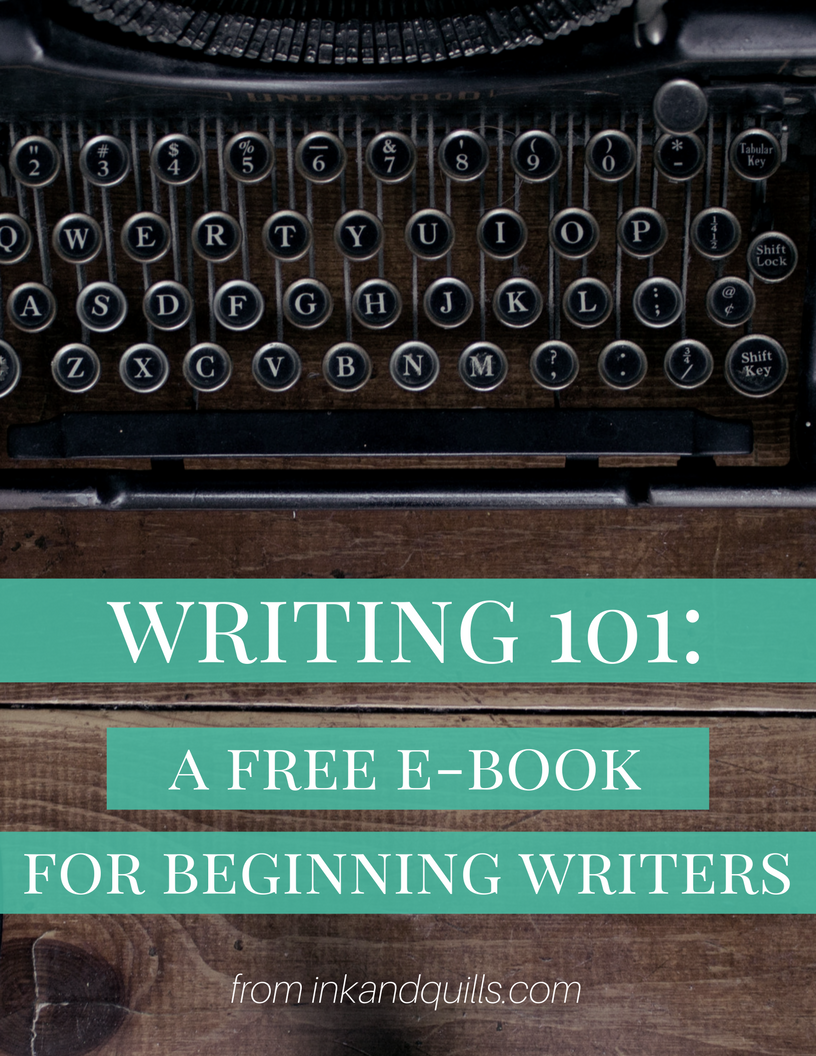

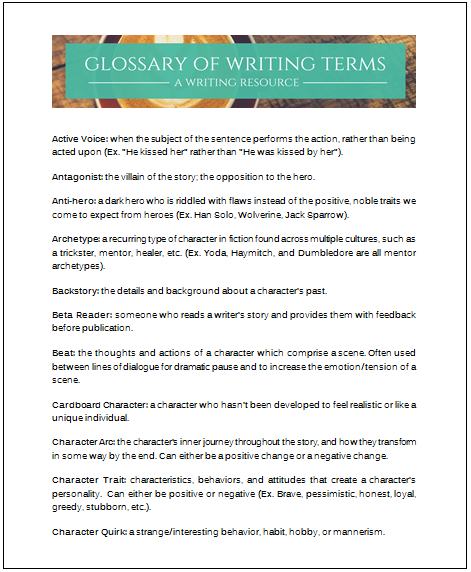

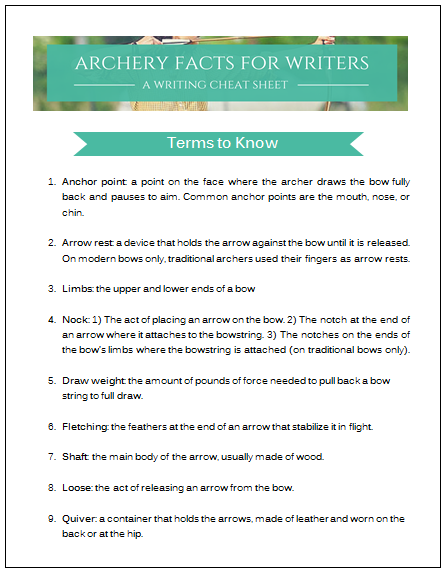



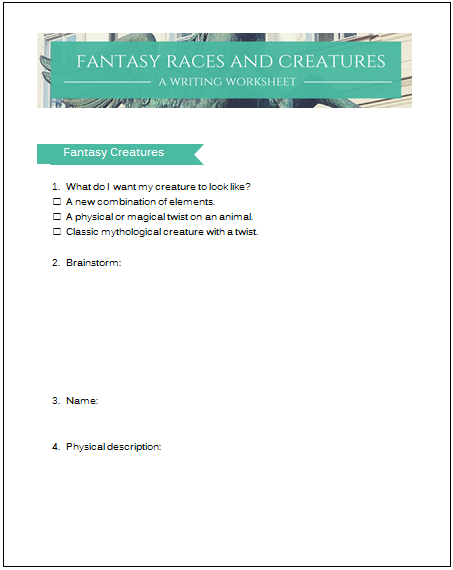


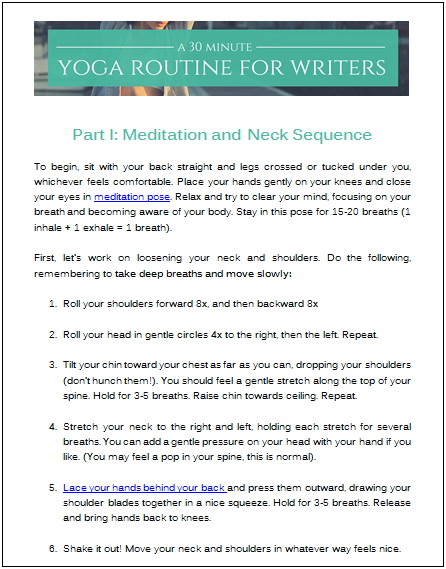
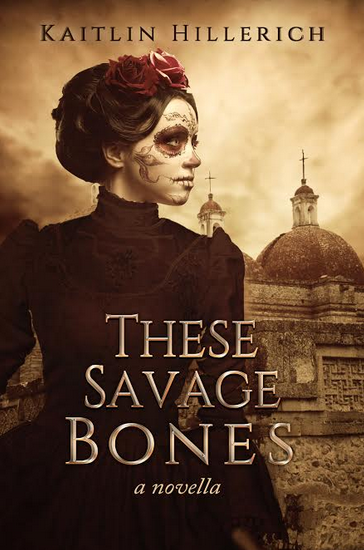
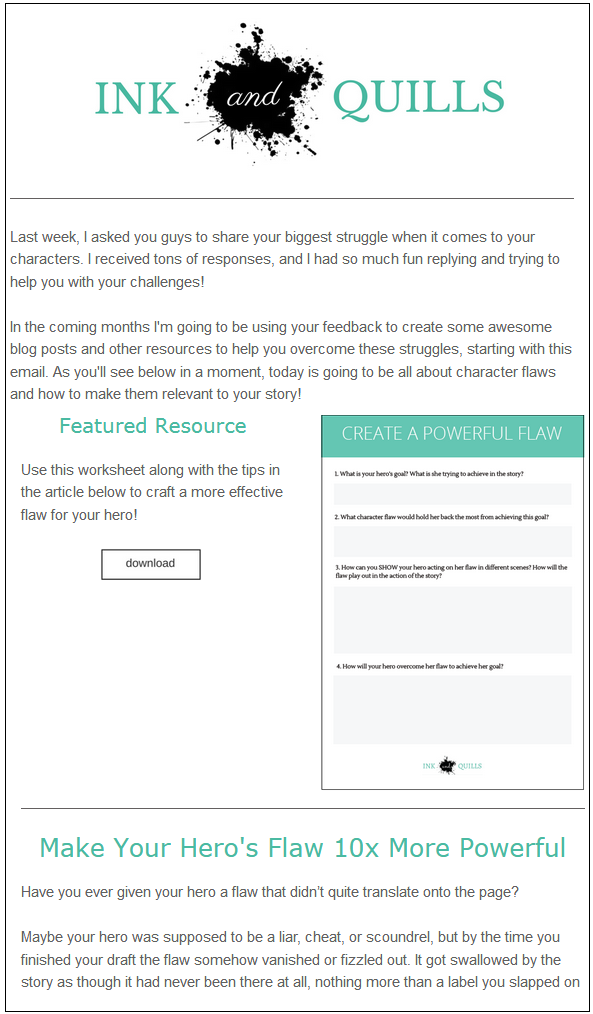
Oh, so much goodness here! Much of it is hard to swallow, but also fantastically comforting in the end. I’m mostly over my writing slump now, but it’s so great to get an additional boost of encouragement to push me all the through. Thanks for another excellent post, Kaitlin!
Thanks, Kristen! I’m so glad to hear you’re coming out of your writing slump! Keep fighting it girl, you’ve got this! And I’m glad I could help encourage you 😀
*gives Kaitlin a huge hug*
I’m so glad you feel so much better about yourself and your writing. Self-acceptance is not an easy thing to learn, and it takes a while to truly put it into practice… But recognizing it is the first step, and that’s what you’ve done here. Good for you. 🙂 And other writers will get a great boost from reading this piece, too!
I’m not sure I have ideas to add to your list… The only way I know how to work through writing-related discouragement is, well, to keep writing. I think I have the mindset that the rut is only temporary, that things will get better only if I keep pushing through. Maybe I’m too driven to let it keep me down? I really don’t know… But the point in the end, I guess, is to never give up, right?
That’s a really interesting distinction you made between literary and commercial fiction, btw. I… have no idea which of the two I am, because I value internal and external conflict equally. *laughs out loud, then starts biting her nails*
Thanks for the virtual hug, Sara 🙂 Self acceptance definitely isn’t easy and it is something I struggle with but I feel like this is going to help me grow and become a stronger/happier writer. And that’s a good point, I try to remember that feelings of discouragement are temporary and pushing through usually helps, though sometimes for me I need to stop and step back.
Hmm I think you’re probably a commercial fiction writer. Commercial fiction uses both internal and external conflict, though the main plot is usually something external (ex a competition, quest, adventure). Literary fiction is usually mostly internal conflict which is why a lot of people find it “boring.” You can also be a hybrid writer and combine elements of both (ex a commercial fiction plot with a poetic, literary writing style).
I usually start feeling like what I’m writing is crap about halfway through whatever it is I’m working on, and what I’ve found that helps me the most is to take a deep breath, let it out slowly, and say to myself, ‘Ok, enough, just keep writing. Just get the story/idea down. Once that’s done you can always come back and change it later if you still think it stinks.’
In fact, thinking about it now, that usually happens just before I come up with something really good.
Just never give up.
I really like the idea of dragging out one of my best pieces to re-read when I’m feeling down on myself. That is a really good idea.
Thanks, Kaitlin
I’m the same way, Chrys! The halfway point is the biggest hurdle for me to get over. Being able to read something good I’ve written definitely helps keep me from hating myself! Thanks for stopping by 🙂
Seriously needed to see this today – I’m having one of those weeks too! I hope you’re feeling better 🙂
I’m glad it helped you too! These phases are never fun, but at least we know they’ll pass. I hope you’re doing better as well!
Thank you for this Kaitlin! This is so very helpful. I have the perfectionism problem more often than I care to admit, so these points are going on my wall. 🙂
I would add to this list that when I start to feel like a crappy writer I often go back to earlier work to see just how much I’ve grown. I re-read work from a year ago and then read what I’m writing now. It shows me the growth I missed from being in the middle of the process and reminds that I am still, and always will be improving my writing.
It also helps to re-read early work from some of my favourite authors then read their later work. If you pay attention you can see the improvement in them too!